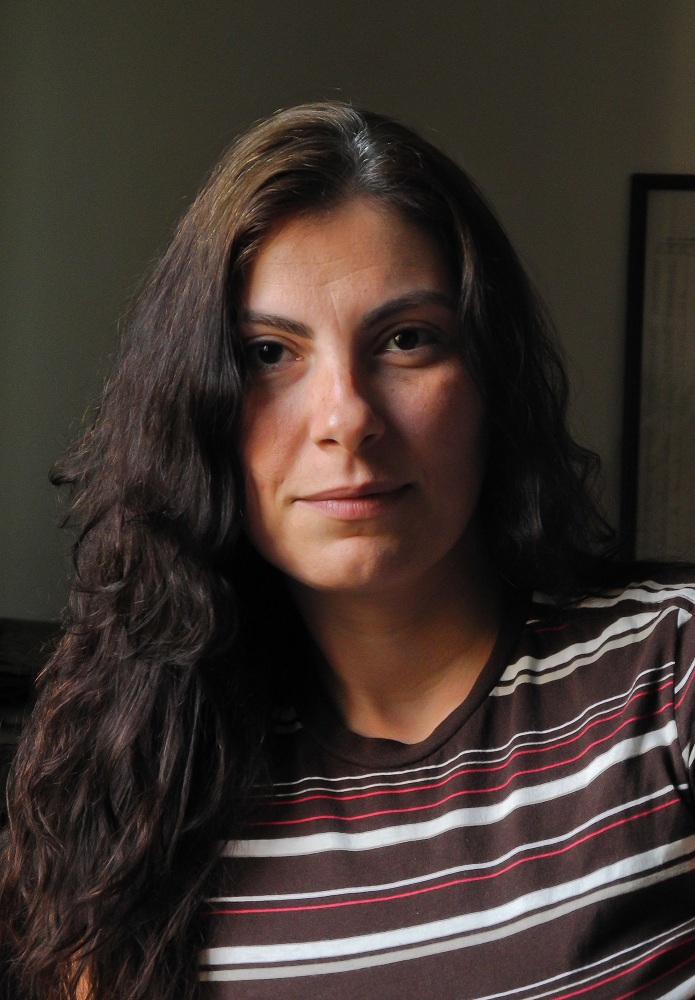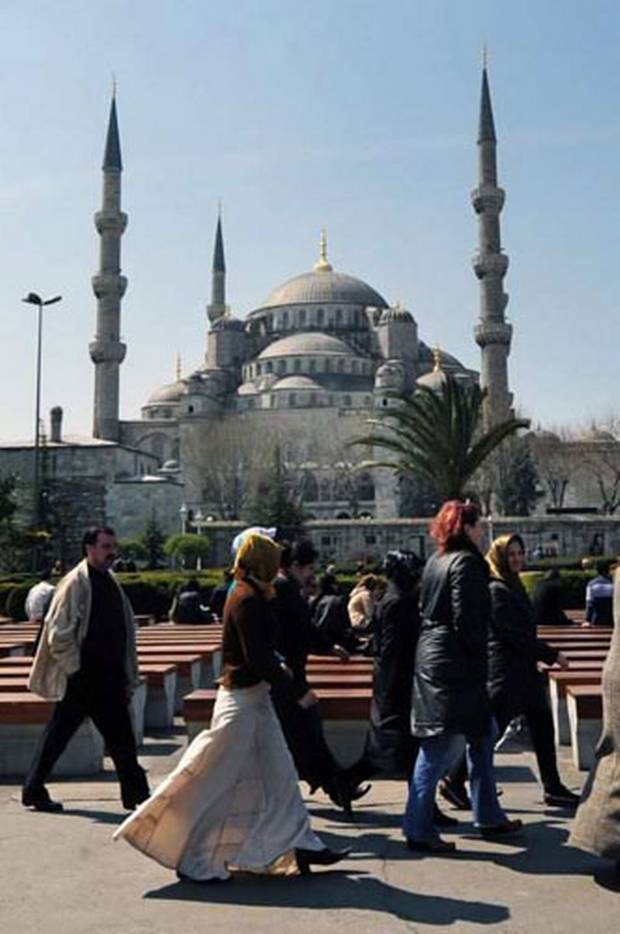Naturalist Charles Darwin once said, “It’s not the strongest of the species that survives, nor the most intelligent that survives. It is the one that is most adaptable to change.”
In Egypt, economic challenges since 2016 forced the people to adapt to price hikes. From an economic standpoint, the rising prices drive customer demand lower. To cope, Egyptians are struggling to cut their expenses and find alternatives to pricey commodities and services.
“We did not change our lifestyle much, we only reduced our consumption to adapt to rising prices. Instead of buying two kilos of fruits, I now buy only a kilo per week. We still eat meat two times per week, but instead of taking three pieces of meat in a meal, we eat two pieces,” Eman Ali, a 45-year-old housewife, told Daily News Egypt.
In 2016, Egypt adopted an economic reform programme, backed by the International Monetary Fund, aiming at increasing economic growth and achieving economic security.
The programme included applying the added-value tax, floating the local currency, and fuel subsidy cuts which affected transportations prices, and in turn will hike prices of all commodities.
“Adapting does not mean permanent changes, it just means making small, quick adjustment,” said writer Hany Kubba. From this point, the Egyptians are good at making this small adjustment, as they are trying to figure out their own ways to reduce their expenses and save money despite the difficulties they may face.
Ahmed Kamel, a 20-year-old student in Cairo University who lives in Beheira governorate, said, “Finding accommodation in Cairo near from my university is my only choice,” as he cannot go back and forth every day.
He added that the transportation has become unaffordable for him. He basically takes several transportations from his university in Giza to his home in Beheira, so if he returns home every day it will cost me a fortune. Therefore, he has to rent a room near the university to avoid this hustle and save every penny. It would be more convenience for him. To rent a room, he should start searching at least a month before the start of the academic year.
For Kamel, the train is the cheapest transportation to use, as its ticket prices did not change, but still he has to take transportation from the university to the train station and also from the other station in Beheira to his home.
Egypt’s inflation rates have sky-rocketed since the floatation took place in November 2016, reaching a record high of 35% in July 2017, following the second wave of energy subsidy cuts. They have been gradually decreasing since then.
This June, Egypt’s annual inflation fell unexpectedly to its lowest rate in more than three years, reaching 8.9%, while core inflation, which measures the change in the costs of goods and services excluding food and energy, recorded 6.398%.
However, EFG Hermes forecasts that annual inflation would register between 11% and 12%, with a monthly increase of 3.5% in July and August following the fuel price hikes.
The rise in fuel prices took its toll on transportation, Samah, a greengrocer also known as Um Tarek, who comes every week from Sharqeya governorate to sell vegetables in Cairo. She said that transportation prices increased by about EGP 5, but she cannot increase the price of vegetables for not losing her customer, so she bears the difference in cost caused by the increase in fuel price.
Samy, a 33-year-old worker in a bakery, said, “The bakery’s owner will increase the price of bread, as the ingredients’ prices will increase following the last fuel price hikes, as the bakery cannot afford to bear the difference in price.”
He further explained that if the bakery increased the bread’s price, the customers at first would decrease their purchases, but then they would get accustomed to the new prices and their purchases would increase again.
However, the country has put regulations to prevent any possible overpricing of transportation fares, but some drivers increase the ride prices anyway.
Rana Atef, a 24-year-old bus commuter, said, “We had a quarrel with a bus driver as he wanted to add EGP 0.50 on the sated fare.”
“It started with me taking the bus to my home, the bus driver said the fare is EGP 6, but all the commuters yelled at him saying that the fare should be EGP 5.5. Finally, the commuters paid EGP 5.5 and the driver could not oppose as we took firm stand,” Atef shared.
I took the bus with the same driver a few days later, but the commuters didn’t argue about the fare and paid EGP 6. I think it is all about the people’s attitude towards overpricing.
Hassan Mostafa, a 43-year-old government employee, said it would be cheaper for him to take some days off from work to save the transportation fare. “Riding to the work costs me a lot, I have to take more than one transportation as my workplace is far from my home, so taking my annual leave is actually saving money.”
Mahmoud, a waiter in a kebab restaurant in Cairo’s Abbasiya district, said that the restaurant’s owner has to increase the price of served meals as the prices of ingredients increased.
“I have worked here for more than 10 years, the restaurant has to increase the price, and our customer are loyal and still come to the restaurant. However, the increasing price led some customers to come less frequently than what they used to. We are now expanding the restaurant.”
Yet, such hardships did pay off, credit rating agency Moody’s expects progress on reforms observed over the past three years and improvements in the private sector’s access to credit underpin their expectations of a return to 5.5% of the GDP growth in 2019 and further acceleration to 6% by 2021.
Also, The Economist listed Egypt at the third most accelerated economic growth globally in the first quarter (Q1) of 2019. The British magazine said that Egypt’s GDP jumped to 5.6% in Q1 of the year, following China and India, which occupied the first and second ranks by 6.4% and 5.8%, respectively.
President Abdel Fattah Al-Sisi has underscored the positive indicators of Egypt’s economic performance citing the Egyptian people’s support, awareness, and patience.




